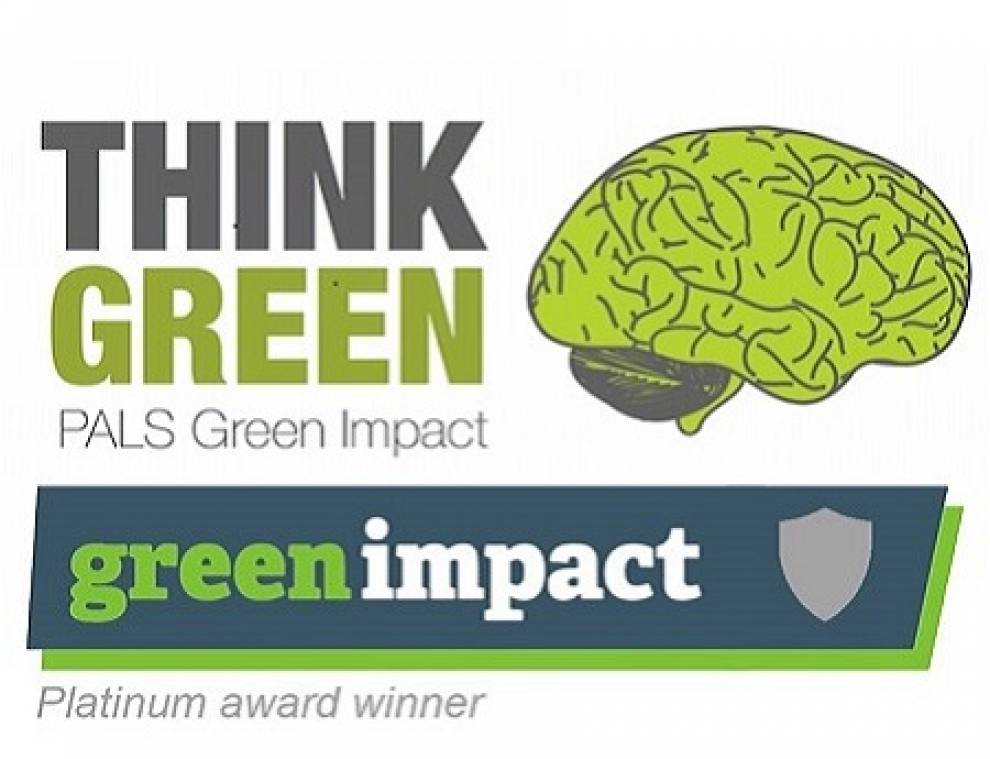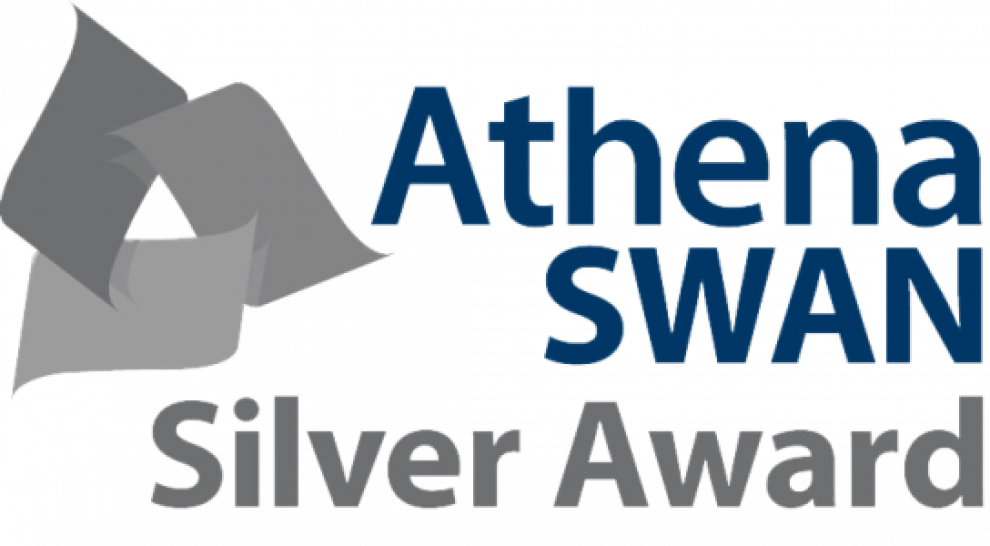Radical ketamine therapy could treat alcohol addiction
26 January 2017
A one-off dose of ketamine could help alcoholics overcome their addiction by “erasing” drink-related memories.
Researchers in the UCL Division of Psychology and Language Sciences are testing whether the tranquilliser can be used to disrupt harmful patterns of behaviour by overwriting the memories and ‘cues’ that drive addiction.
Researcher Ravi Das told the Guardian “Memories that you form can be hijacked by drugs in some people”. “If you were an alcoholic you might have a strong memory of being in a certain place and wanting to drink. Those memories get continuously triggered by things in the environment that you can’t avoid” said Das.
These memories could involve the clinking of glasses, a rewarding bottle of wine after a long day of work or a beer at a barbecue. However, there is now increasing evidence that memories are more malleable than once thought.
When our brain retrieves a memory, the neural connections that encode it are temporarily destabilised - resulting in marginally different versions of these memories going back into storage. The researchers see this period of instability as an opportunity to weaken, or dismantle unhelpful, alcohol-related memories.
During the trial, the researchers will trigger these memories in heavy drinkers with positioning glasses of beer in front of them, then disrupt the memory by surprising the participant. The participants, who will be given either ketamine, or a placebo, will have follow-ups for the next year, which will monitor their drinking habits after the trial.
Alcohol addiction has proven difficult to treat in the past and has a very high relapse rate after treatment. Once patients stop being closely monitored in hospital and return home, they are again exposed to the same drinking triggers, or cues.
Ketamine is used in the NHS and on animals as a powerful anaesthetic in trauma care. It is illegal to be in possession of the class B drug, which is known to have psychedelic effects and doing so carries the risk of up to five years jail time and a fine.
The research, which began last year, is ongoing and the researchers are seeking 40 more participants, who would consider themselves heavy drinkers, to take part in the study which takes place over three sessions in UCL and UCLH over the course of two weeks.
“There’s just the general social attitude that everything that’s illegal is terrible. There will obviously be that kind of narrow-sighted pushback,” Das told The Guardian. “But if it’s safe and effective enough it should be recommended.”
 Close
Close





